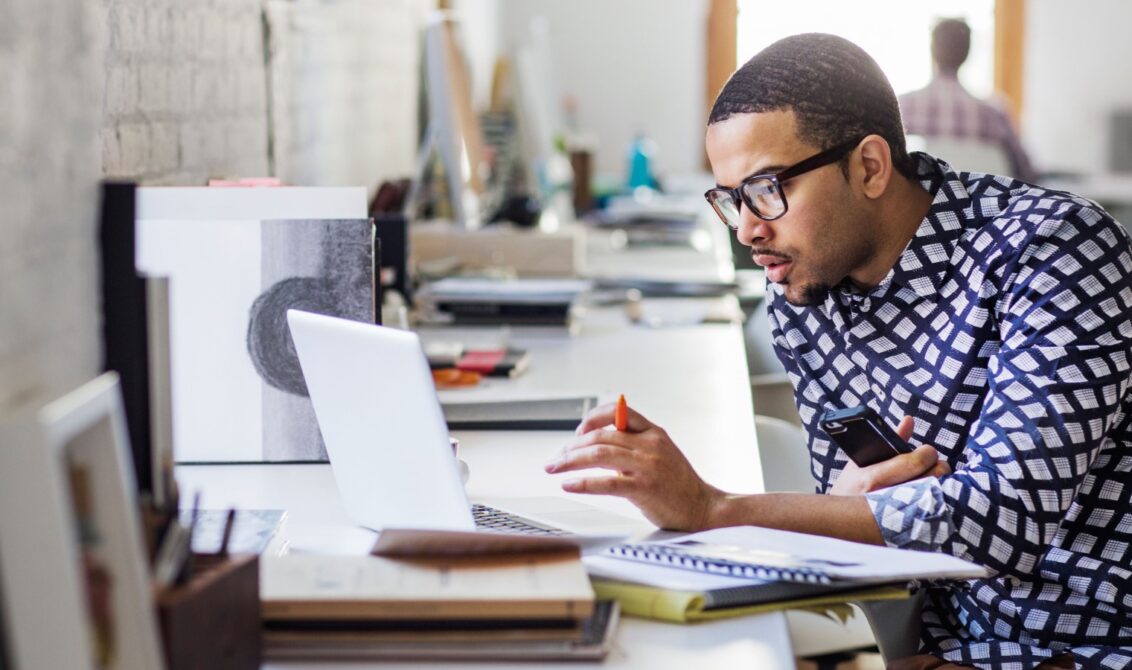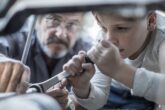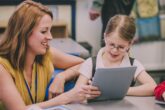
A second year of disruption to examinations has brought to centre-stage questions of how and why we assess, and of the balance of assessment, teaching and learning.
Already we are gaining some sense of the emergence of viewpoints and ideas about the future of assessment. One of the questions, though, is not new at all, but goes right to the heart of the debate about what education is for. Is it the job of teachers to pass on subject knowledge to the younger generation, or to equip them with the skills they need to be creative, flexible, innovative learners, able to find answers for themselves that go beyond what is on the curriculum or what will be assessed in the next test?
The best of both worlds
There is much going on in this intensely interesting discussion, and the issues have been brought into sharp focus by a pandemic which is forcing all of us involved in the education process, whether as teachers, learners, parents, providers or overseers, to question our assumptions and to think more openly about alternative perspectives.
In the midst of this important conversation, though, it is important not to lose sight of the fact that, whatever curriculum and assessment arrangements lie over the horizon, it is already within the power of teachers to embrace a rich pedagogical approach, one that fully reflects the need to cover core content from the specifications whilst at the same time helping to equip learners with vital skills for the future.
A richer view of learning
The key here is to stop thinking of education as a single entity, a process which is defined by only one goal, so that teachers are forced to choose between either transmitting knowledge or facilitating inquiry.
I’m writing this having just cooked lunch at home. What was the point of cooking lunch? Was it to provide necessary nutrition or to enable a meaningful social occasion, a chance to sit and discuss how the day has been going, and plans for the afternoon? It would be mistaken to think that there is only one point here, and the same is true of the rich, multi-faceted process of education. When we teach, we are modelling expertise, sharing knowledge, providing guidance, embodying professional values, fostering a love of learning, equipping learners with the tools they need to address problems and questions for themselves, all at once.
Future ready project learning
As I’ve discussed in my previous blogs, one of the best routes into this richer form of learning is through the use of open-ended questions. What I’ve discovered is that even tasks which seem to be ‘closed’ (e.g. covering the next learning outcome on the specification) can be opened up once we look at a lesson through the dual lenses of knowledge and skills.
For example, suppose I am teaching students about renewable and non-renewable sources of energy. There is some curriculum content to be covered, but this topic can be adapted to form the basis of a mini-project, by asking students to imagine that the government has commissioned them to make recommendations about energy resources for the future. What balance would they recommend? What are the advantages and disadvantages of each possible resource? And how will they present their findings? As a video, slideshow, infographic
or report?
Working on an assignment like this helps learners acquire content knowledge and develop valuable project management skills, independent research and presentation skills simultaneously. It shows how, in the practical, day-to-day activities of the classroom, we can find a valuable pathway towards a form of learning that embraces knowledge and skills together.
Once we begin to think about learning in this way, we can see that all sorts of exciting possibilities are open to us already – and this is a good position from which to reflect on and participate in the important dialogue about how we build back better in the educational sphere post the pandemic.
Further reading
If you are interested in deepening your own professional engagement with the rich possibilities afforded by project learning, you may wish to explore the new Professional Development programme on Future Ready Project Learning.
Liked this article? Read more in the series:
Utilising Extended Projects to release the power of deeper learning
Successful implementation of project learning in an online environment
Sign up to receive our blog updates
Like what you read and want to receive more articles like this direct to your inbox? Subscribe to our blog and we’ll send you a fortnightly digest of the blog posts you may have missed, plus links to free resources to support your teaching and learning.

